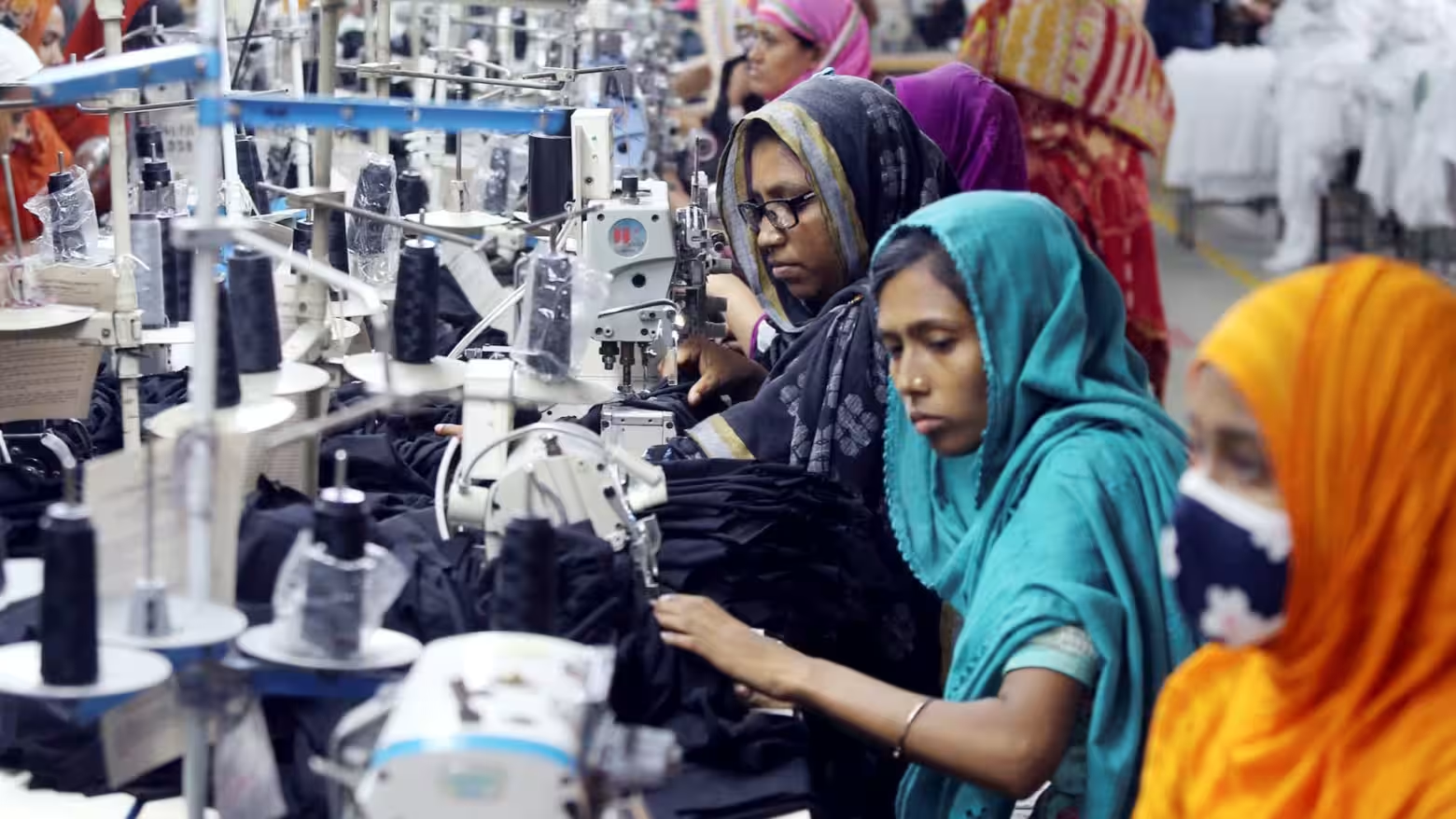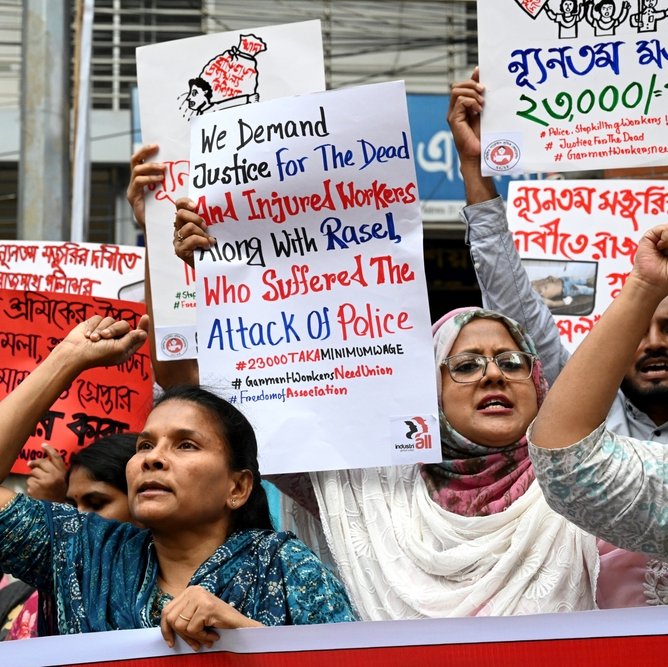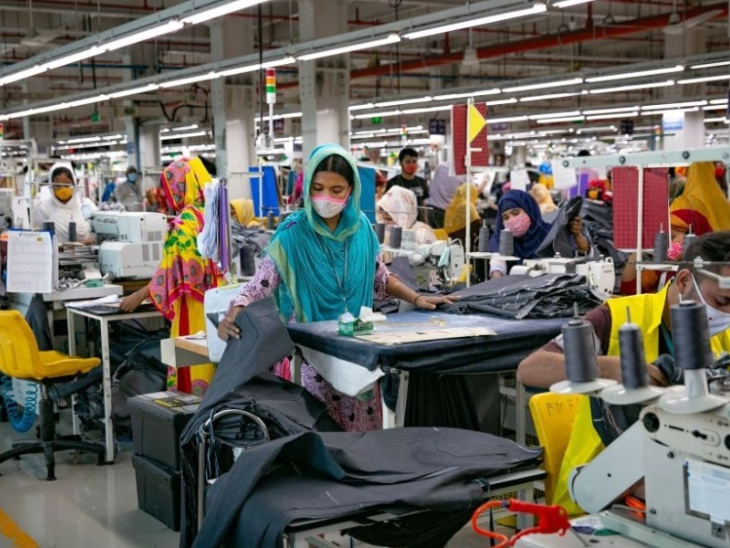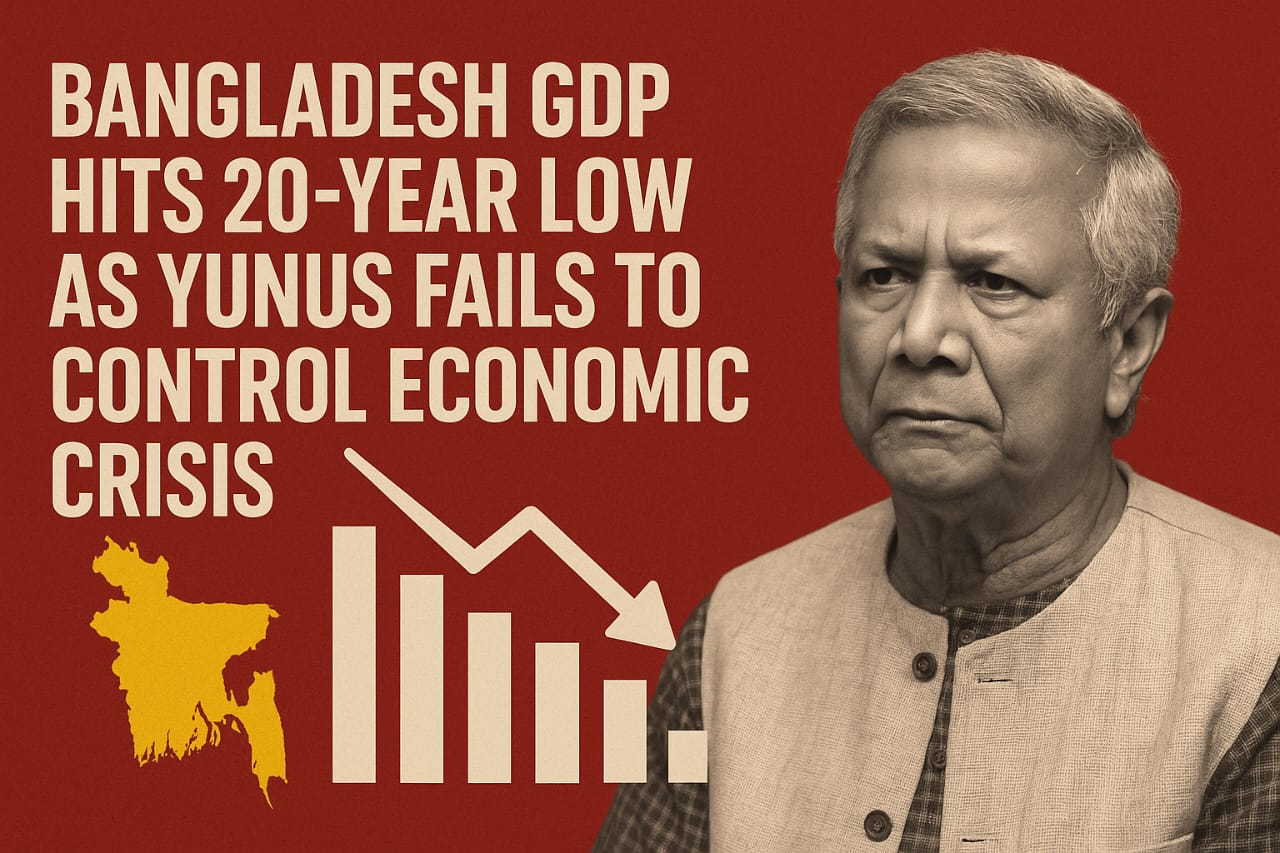Bangladesh’s Industrial Meltdown: 100 Factories Shut, 60,000 Jobless as FDI Crashes 70%

Bangladesh’s Economic and Industrial Crisis: A Deepening Concern
Bangladesh is currently grappling with a severe economic and industrial crisis, underscored by the permanent closure of nearly 100 factories in key industrial zones such as Gazipur and Narayanganj. This downturn has resulted in over 60,000 workers losing their jobs, further intensifying the nation’s broader economic slowdown.
Sharp Decline in GDP Growth
The country’s GDP growth is projected to plummet to just 3.3%, marking the sharpest deceleration in two decades. This significant downturn reflects the compounded effects of industrial shutdowns and diminished economic activities.
Political Instability and Investor Hesitancy
Political instability, fueled by an interim government and the anticipation of upcoming elections, has led investors to adopt a cautious approach. Consequently, foreign direct investment (FDI) has collapsed by 70% in the current fiscal year, signaling a substantial withdrawal of international capital.

Struggles of Cash-Starved Businesses
Businesses are facing immense challenges amid fuel shortages and soaring interest rates. Many enterprises linked to the former ruling party, the Awami League, have either shut down due to leadership fleeing, incarceration, or going into hiding. This exodus has left numerous businesses without direction, exacerbating the economic turmoil.
A Deepening Crisis: Bangladesh’s Economy Struggles Amid Political Instability, Fuel Shortages, and Industrial Collapse

Industrial Sector on the Brink
The industrial sector, already a fragile backbone of Bangladesh’s economy, is teetering on the edge of collapse. The World Bank warns that without urgent reforms, an additional 3 million people could be plunged into poverty by 2025, highlighting the dire need for immediate intervention.
Banking Sector Weaknesses
The current landscape is further complicated by the weakness of the banking sector. Banks are unable to support lending effectively, leading to a credit crunch that hampers business operations and growth. This financial fragility undermines confidence in the economic system.
Unemployment and Social Impact
The crisis has led to massive unemployment, with millions losing their jobs. Women, in particular, have been disproportionately affected, facing significant challenges in securing alternative employment. This surge in unemployment poses a significant challenge to Bangladesh’s economic future and social stability.
- Follow us on First Sun News YouTube Channel for more updates.
- Read also: Canada Calls Khalistan a National Security Threat
- Trump’s Secret Lunch with Pakistan {TERRORISTAN} Army Chief

